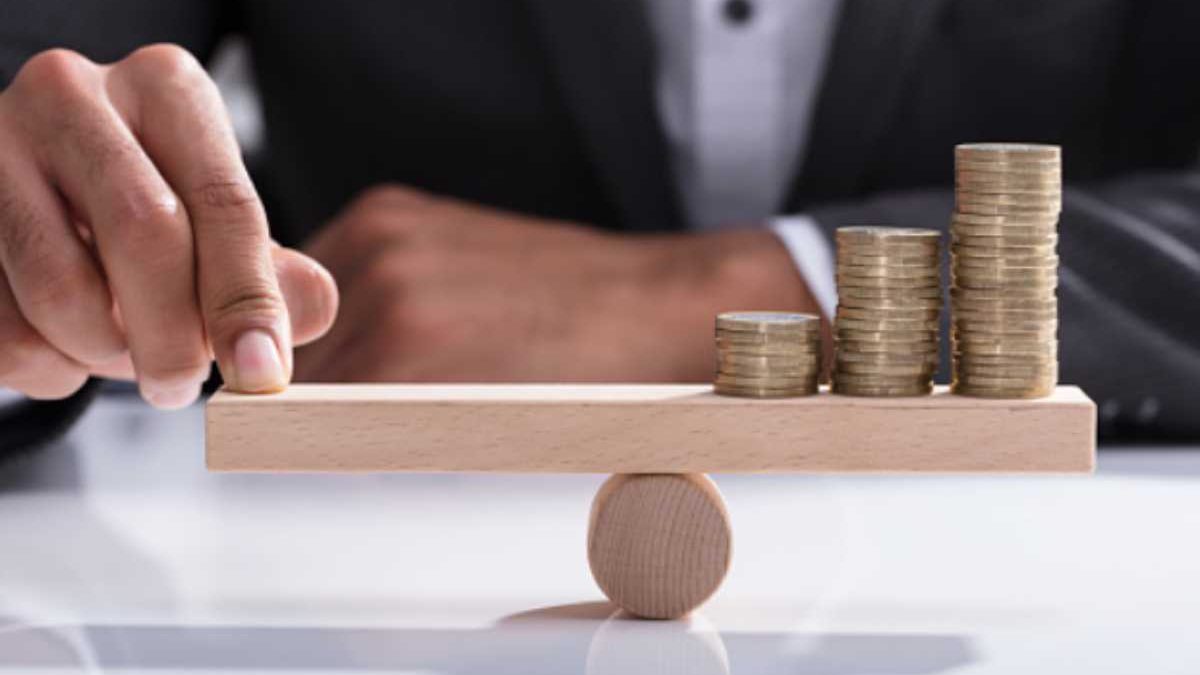Managing your credit balance can be tough, especially if you have a lot of debt or worry about missing payments. However, it’s not impossible to do this online. Here are some tips for managing your credit balance:
Table of Contents
Sign in to your online credit card account
How to check your credit card balance online? You can do this from a laptop, computer or mobile device, and you should have the information handy that you used to set up your account: your card number, expiration date and security code (often called an “access code”).
Once you’re logged in, look for the “Balance” button on the main page of your account. This will lead you to a page listing all of your active accounts—if there are multiple cards on one account (like some store-branded cards), it’ll show them all here.
Look at your statement balance
After you’ve signed in for an account, you can view your statement balance in the “Credit Card Summary” section of your account. If you have a credit card balance that needs to be paid off, and if it’s within thirty days of its due date (the date when payment is due), then pay it right away so that the bank doesn’t charge you any interest.
As stated by SoFi advisors, “A credit card balance also can indicate how high or low someone’s credit utilization ratio is.”
Locate your payment due date and minimum payment due amount
If you’re looking for a solution to make your next credit card payment, start by locating your payment due date and minimum payment due amount. Your statement will tell you when the bill is due, but if you don’t have that handy, don’t worry—you can find this information online as well. Credit card companies are required to post their due dates and minimum payments on their websites at least ten days before they’re charged.
If paying by phone or mail isn’t something that appeals to you, there’s yet another option: making an online payment through [the company’s website]. They’ll charge a fee for this service (typically 2-3% of the total amount), but it can save time by eliminating trips to banks or post offices when paying bills manually every month.
Pay a higher amount than your minimum due
If you want to pay off your balance quickly and avoid paying interest, the best option is to pay a higher amount than the minimum due. You’ll need to calculate your minimum payment first and then figure out how much more you can afford to pay.
When working out how much extra you should pay each month, remember that it’s best not to spend any more than 2% of your gross salary on debt repayment (this is known as the 50/30/20 rule). If this sounds like too much, then aim for 1%. This will help you get rid of debts quicker while still maintaining savings goals and putting money aside for retirement or emergencies.
You may be happy at how easy it is to manage your credit balance online. You can do this from anywhere with an internet connection, so there are no excuses for not staying on top of things!

